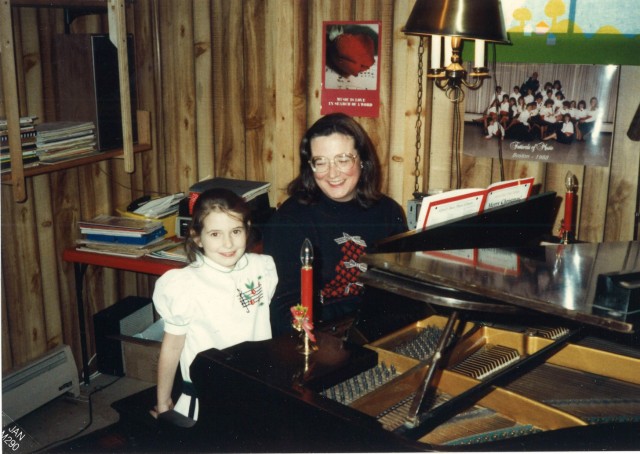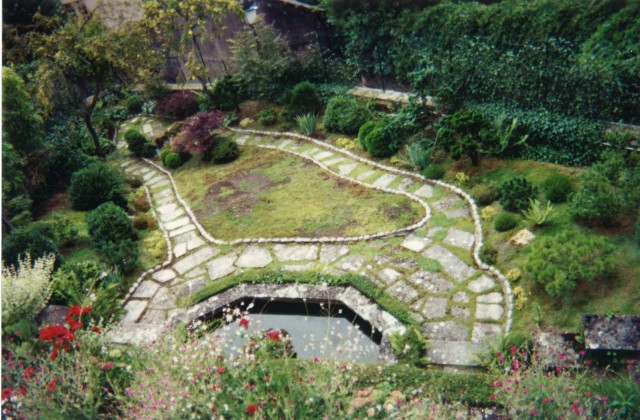- Home
- >
- Preservation Archaeology Blog
- >
- How a Sense of Place Made Sense of the Past
(October 16, 2015) History was my weakest subject, and the past often made me feel sad. So how in the world did I end up at Archaeology Southwest?
I’ve never been one to remember facts and figures. My thoughts tend to linger, not on the Who What When and Where of Life, but rather on the How or Why. In high school, I could calculate the trajectory of a projectile with ease. I could carefully dissect a novel using whichever literary lens I liked.
But then there was history. I found aspects of it fascinating (the beliefs that people lived and died for, the shapes of different societies throughout time). But the names of kings and the timing of things—it was always a struggle for me to remember. During exams, I’d squeeze my pencil and shut my eyelids tight while trying to recall an answer: Something happened. Another thing followed. But what?
History wasn’t my greatest subject, but I still had a deep and often complicated relationship with the past. In college, I studied music composition. Music had a way of making me feel connected in a way that nothing else did so, inevitably, I wanted to make more music.
Witold Lutoslawski put it best:“I have a strong desire to communicate something to people, through my music. I am not working to win myself many ‘fans’; I do not want to convince, I want to find. I would like to find people who in the depths of their souls feel the same way as I do. They are the people who are closest to me, even if I do not know them personally. I regard creative activity as a kind of soul-fishing, and the ‘catch’ is the best medicine for loneliness, that most human of sufferings.”
Music was my direct line to others—to the worlds they created, to the seeming core of Who They Were, even if they existed long ago and far away. I was “caught.” I often kept company with composers, feeling kinship with people from the past, people I’d otherwise never know.
|
|
But once you start writing for things like string quartets and oboes, the past can also weigh heavily on you. “Why bother writing music when all the great music has already been written?” I’m still amazed that this question gets asked, and unfortunately it gets asked fairly often (sigh). For me, and for many composers I know, the weight of history is palpable. Beethovens and Debussys and Stravinskys loom large. Their voices are great, yes, and their music is inspiring, of course, but they can also demand a level of worship that leaves little room for you.
Compared to Beethoven, being alive seemed to be the only thing I had going for me. But I also knew all too well that I wouldn’t be alive forever. Like my idols—my friends!—I wanted to live on. I wanted to connect with others after my own time. To put it bluntly, I wanted to be immortal. I had a plan. I’d write myself into a masterpiece or two. Easy.
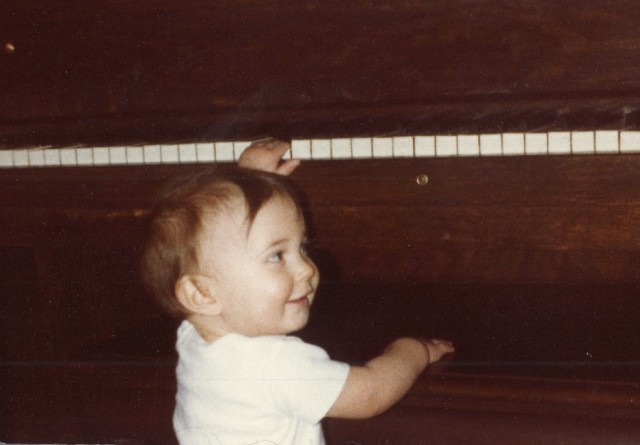
It was a bad plan. Sitting down to write a piece of music that might connect with someone— that’s exciting. But deciding to write a masterpiece is a little paralyzing. “Is this note the stuff of masterpieces? What about this one?” Writing music felt like a matter of life and death, or life-after-death (it stopped being fun for a while), and the Giants of the Past seemed less like friends and more like the Haves to my Have-Not. I worried my voice would never be good enough, or capital-o Original enough, and I’d fail to live on past my time.
Then came the desert.
Or, rather, the desert was always there. I’d always been fascinated with the driest of landscapes, but in college, I became a bit obsessed with them. Between papers, projects, and counterpoint assignments, I’d Google-stalk deserts every way I knew how. I’d hover over deserts using Google maps (back when they were brand new). I’d collect images of deserts on my hard drive, curating them regularly, staring at them longingly (the Sonoran Desert was my favorite).
The desert did something for me, even from far away. Just thinking about its wide skies and vast expanses calmed me down and gave me a feeling of balance. Of course there was a world outside of myself—I knew this—but the desert somehow came to symbolize it. And I needed to somehow get out of my head. I needed to get there.
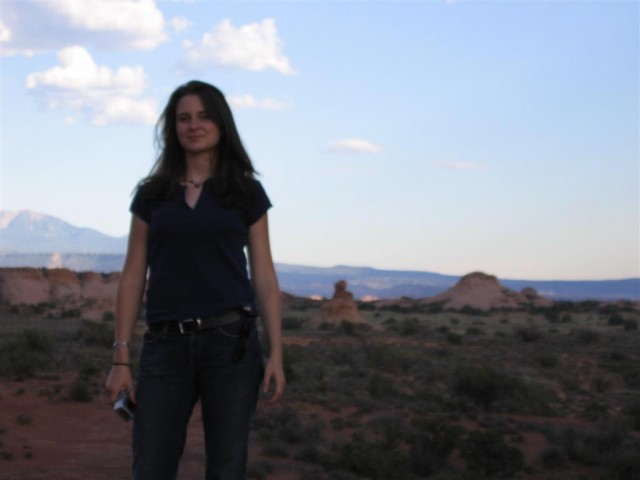
In the history book of My Life, getting to the desert was my Something happened. Another thing followed. Between college and grad school, I was awarded the Martin A. Dale Fellowship, which gave me funding to pursue a project of my own devising for one year. I proposed to write music in the Sonoran Desert, and finally, there I was.
Stepping off the plane felt like coming home to a strange place. I lived on a mountain—a huge mountain!— under an even huger sky. I fell madly in love. And after several landscape-induced epiphanies, I changed for the better. I could see beyond myself, I could feel time stretch out in either direction, and I could sense paces that were greater than my own. I could see where the mountains had moved, and were moving. Where the saguaros were growing, slowly. Beethoven was a blip.
All around me was evidence of the natural past, and of those who’d lived lived here long ago. It was all so beautiful to me, and I no longer felt threatened or afraid of being lost. I cared less about my individual story, and came to care more about this greater story that was always unfolding around me. I belonged to the people who lived here before, to those who will come after. I will one day die, and that’s okay. I might even someday be forgotten. But in this moment, I exist. And someday, and forever after that, I will have existed. Writing (or not writing) a masterpiece would never change that. I am, and always will be, a part of this maddeningly beautiful world.
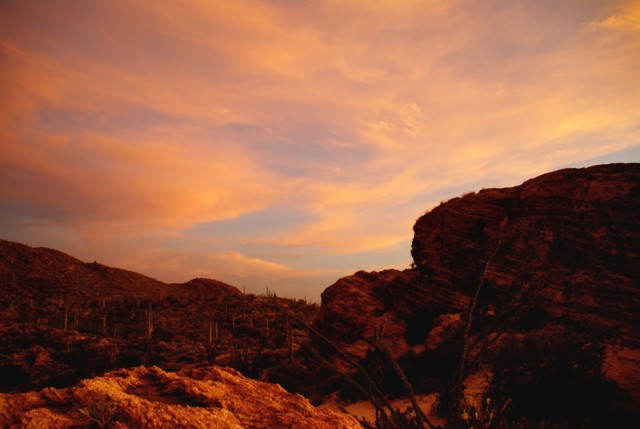 |
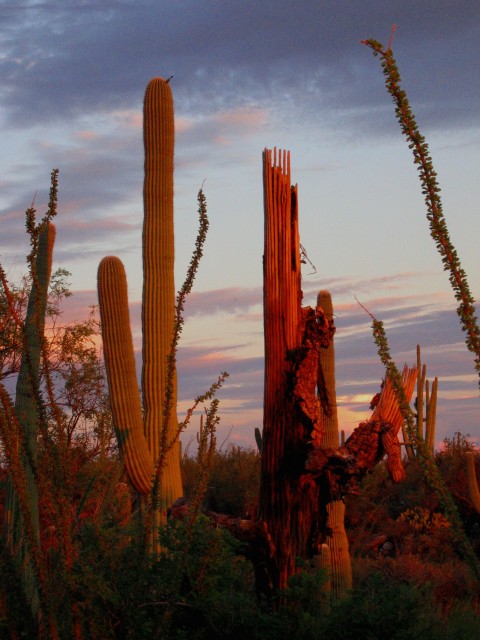 |
From this vantage point, I could think differently about the music I wrote. Something clicked. I felt excited about all artists everywhere and throughout all time, about what they were doing. About what I’m doing! I felt connected, not just to individual composers, but to something else—something deeply human. The act of making, of remembering, of creating, of expressing a time and place, of trying.
Participating in creation is participating in something larger than oneself, more enduring than even the greatest of masterpieces. It’s part of who we are, as people, as products and creators of our cultures. What we make and why we make it may differ for each of us, but all of our acts of creation are meaningful. Sometimes we can fish for souls. Other times we can be caught. And once in a while, we can form friendships with others across the deepest gulfs of time and space.
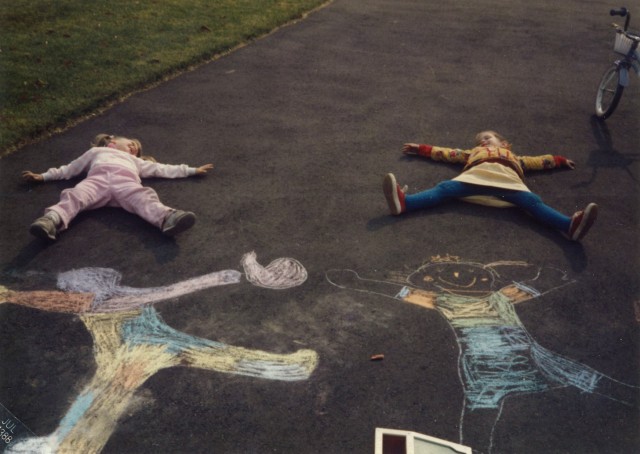
Working with archaeologists is an honor. Doing my bit to help them protect the homes, artifacts, materials, and expressions of those who lived long ago is humbling. Seeing pots made hundreds of years ago by people I will never know, whose lives may have been very different from my own, makes me feel more connected. This work affirms that everyone matters, that no one is forgotten—that we’re all participating in our enduring human story. Ultimately, we’re all worthy of respect and consideration, even well after we’re gone.
Maybe if I’d known more archaeologists growing up, I’d have relaxed a little in college. So long as there are archaeologists, then maybe somewhere in the distant future, someone will care that you and I lived. Maybe they, too, will feel a connection.
Explore the News
-
Join Today
Keep up with the latest discoveries in southwestern archaeology. Join today, and receive Archaeology Southwest Magazine, among other member benefits.
